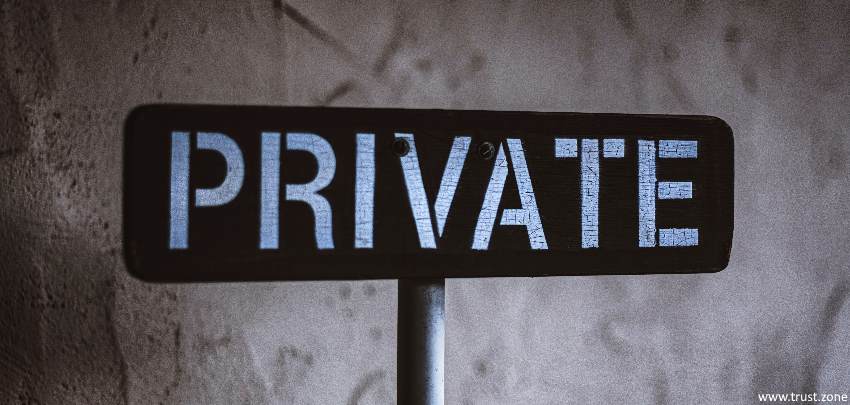If your business, like almost all companies, has a large digital footprint, you’ll surely be aware of the risks of cybersecurity vulnerabilities. Data breaches and cyber-attacks are predicted to cost businesses $8 trillion globally the next year and this will only increase as companies become more reliant on the internet and cloud storage.
However, many businesses continue to overlook one of the most important aspects of cybersecurity: their own employees’ personal data. With stringent regulations covering customer data, you can’t be blamed for treating employee data as an afterthought.
But this doesn’t mean that you don’t have a responsibility to protect your employees’ data. With businesses often holding personal information about their workers, this data must be kept secure.

From the moment that your company starts onboarding new employees, you’ll be collecting and storing information about them. This will include standard data such as names, dates of birth, and qualifications. However, it can also incorporate more sensitive information such as medical records, employee engagement software, bank details and etc.
All of this is necessary for business operations, allowing managers to have an accurate image of their workforce. However, it also comes with an obligation to protect this data and use it safely and securely.
Data regulations, such as GDPR, protect the rights of employees to access their data, be informed about its use, and object to how it is processed and stored. This means that companies that don’t secure employee data and which aren’t transparent about their data practices are potentially vulnerable to fines.
As well as this, there is a risk that unsecured data can be exploited by hackers and other criminals. If your employees are the victims of cybercrime because of your weak data practices, you’ll lose their trust and are likely to lose talented partners.
If you want to have your employees’ trust and stay in line with regulations, there’s no doubt that employee data protection should be one of the most important tasks that your business can perform. But how can you ensure that employee data remains secure?
Just like with all of your data, employee data should be stored effectively in order to protect it against any attempted breaches. This might include using a trusted VPN service to transmit data safely and ensure that your network is secure.
As well as this, you should always check that the servers that your company uses are fully secure. If you store data using a cloud service, regularly check its data security policies and make sure that any passwords used to access this service are complex. Regarding memory usage on Mac, optimize it by managing your applications, cleaning up unnecessary files, and closing resource-intensive processes to maintain your Mac's performance.
You should also make sure that any data that you store is fully encrypted. This means that if your employee data is accessed by hackers, the likelihood of that data being effectively stolen is reduced.
Although management has an obligation to protect employee data, you have to recognise that this is best achieved through a collaborative effort. Regular training should emphasize the importance of cybersecurity measures.
These measures can include encouraging employees to use a VPN when working remotely, using two-factor authentication when accessing data, and checking Wi-Fi networks to ensure that they are secure.
On top of this, you should promote identity theft protection to your employees. This will ensure that they know how to protect their personal data in all walks of life, including when they are at work.
However, as VPNs give more flexibility to employees to work remotely, it becomes even more important to use an employee monitoring tool to ensure employee productivity and prevent potential security breaches.
In the busy world of business, it’s easy to not look at existing practices. However, reviewing data security measures is an important part of securing your employees’ personal data.
An audit of all of the data that you hold will allow you to recognize where the vulnerabilities lie in your system. This should also include a review of who has access to this data.
If you find that large amounts of people have access to data that isn’t strictly relevant to their work, you should restrict this access. Data access should always reflect seniority in order to reduce the likelihood of data breaches. On top of this, you must ensure that former employees can no longer access this data once they’ve left the organization.
Any good company will look after their employees, from ensuring that their working environment is safe to making them feel valued at work. This extends to employees’ data, while recent regulations mean that this responsibility is more important than ever.
Leaving employees’ personal data unsecured means that your employees are at risk of identity theft, as well as other cybercrimes. Fortunately, by using secure data storage methods such as VPNs, training your employees about cybersecurity, and reviewing access to data, you can make sure that employee data is as secure as possible.
Going into a future that will only become more dependent on data, ensuring that employee data is safe is a crucial step to guaranteeing that your organization is protected against cyberattacks.